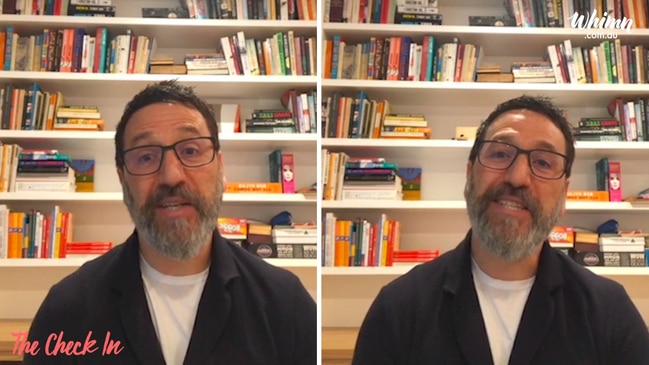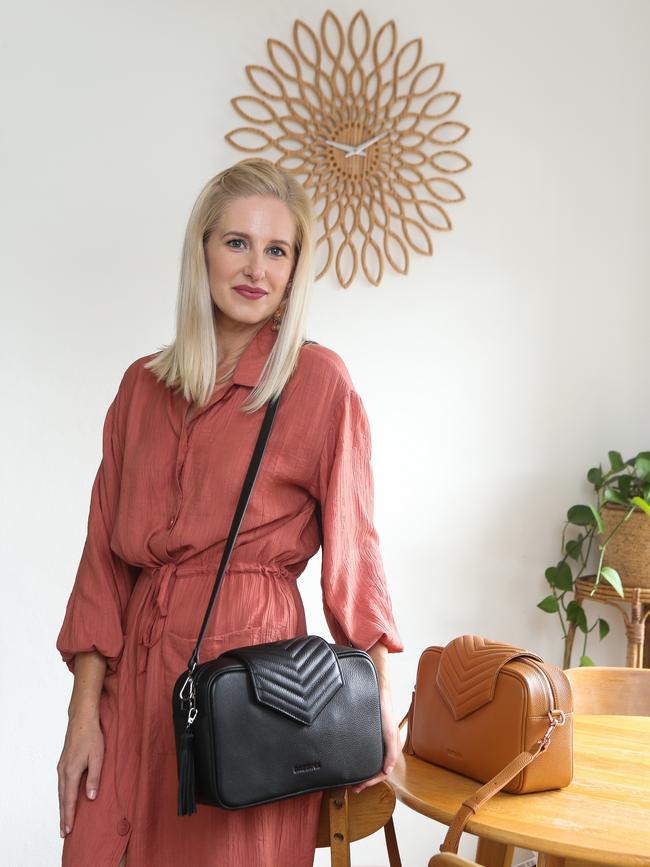Aussies who find switching off difficult may have rest resistance
Being busy at work gives Australians a sense of accomplishment, but it may well be hurting our health. Beware of ‘rest resistance’.

SmartDaily
Don't miss out on the headlines from SmartDaily. Followed categories will be added to My News.
If your to-do list never ends, and taking a break feels like indulgence, you may be among the multitude of Australian workers with ‘rest resistance’.
The subject of new research by Seek, rest resistance refers to the reluctance to switch off, and the sense of accomplishment that comes from being busy.
It’s a widespread phenomenon, according to the survey of over 400 Australian workers, with nearly two-thirds gaining a sense of accomplishment from being busy at work.
Programmed to achieve
With working from home here to stay for many Australians, the blurring of work and personal boundaries can intensify a resistance towards rest.
A fifth of those surveyed by Seek admit to not setting any work-life boundaries, but according to Sabina Read, resident psychologist for Seek, associating busyness with accomplishment is nothing new.
“From birth, we are encouraged to learn, grow, finetune, master new skills, fill our time and be productive,” she says.
The common question, “what did you do at school today”, is one example, Read says.
“This is where we focus our value – we’re asking about the productivity levels of our kindergarten kids.”

Creative manager Melody Ziri is among those who admit to being their own toughest taskmaster.
While on maternity leave, she designed and launched a luxury pram-compatible baby bag label, Baebina – a thriving side-hustle she now juggles alongside her corporate job and parenting responsibilities.
“I’ve always got a to-do list, and there’s that feeling of guilt when I stop and relax,” she says. “I don’t think it’s about other peoples’ expectations – for me it’s all internal. If I’m not working towards something, I feel I’m not contributing enough.”
Slow down to tune in
The majority of survey respondents say they’re unable to switch off or take time off from work, and our omnipresent devices aren’t helping.
“If you’re making calls while you’re cooking, sending emails while you’re on the train or listening to a podcast while you’ve got the kids in the bath, it all sounds really productive, but it could mean you’re not giving yourself the opportunity to be present,” says Read.
An outcome can be a lack of opportunities to check-in with our mental state and wellbeing. “When we are deeply engaged in relaxation, our mind can get busy with stories and feelings that are uncomfortable,” says Read.
“It may bring up thoughts of ‘I’m not good enough, I’m not worthy enough’.”
While it’s rarely a conscious form of avoidance, Read says it’s important to take time out for mindfulness, and learn to accept the feelings that may arise in the process.
“It’s about tolerating some of the discomfort that comes up when we don’t fill all the space in our minds,” she says.

Learn to play
For Ziri, the call to switch off comes from her two year-old daughter, Brooklyn.
“Having a child is the No.1 thing that does force you to take a break, purely because they need your undivided attention,” she says.
“It’s a good thing for me – I have to be completely in the moment. Spending time with friends also gets me away from thinking about the things I should be doing.”
Downtime is as much an investment in who we are as learning and achieving, says Read, who encourages adults to tap into their playful side.
“Learning to switch off takes practice,” she says.
“We think we only deserve a break if we’ve smashed ourselves, but we can’t stay at that high level of output. A healthy mind and body require an ebb and flow.”

A happy balance
The sweet spot between rest and productivity is different for everyone, and starts by asking yourself what makes you feel most alive and at peace.
“It might be when you’ve done pilates, walked the dogs or laughed with friends,” says Read. This process can help indicate whether our resistance to rest is taking a toll, she adds. “Working backwards, you will probably find some clues to the things that make you feel depleted, exhausted and resentful.
“We have the greatest wisdom within ourselves to know what we need for our wellbeing, when we take the time to really tune in.”
More Coverage
Originally published as Aussies who find switching off difficult may have rest resistance




